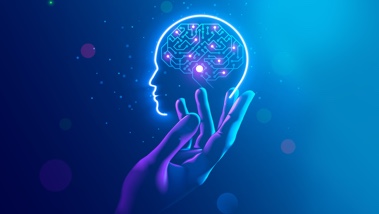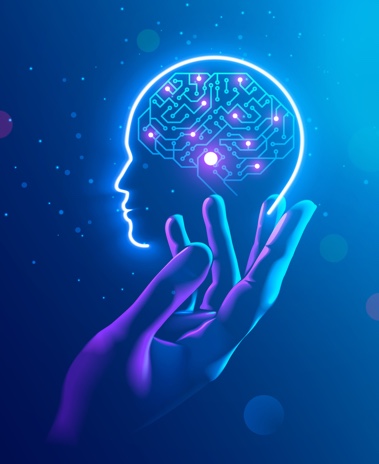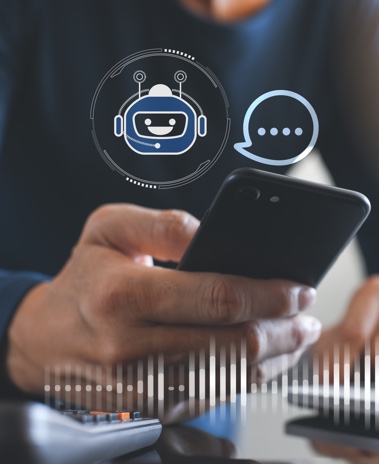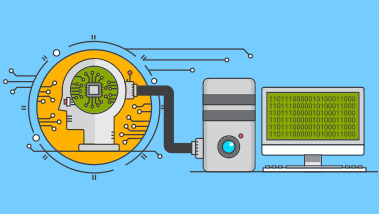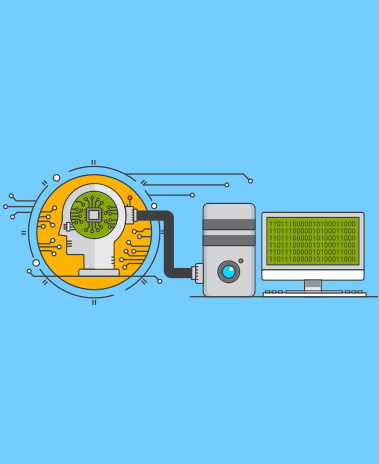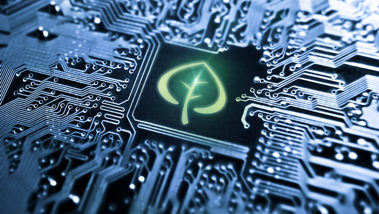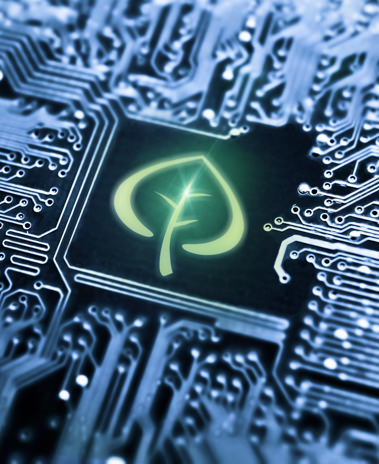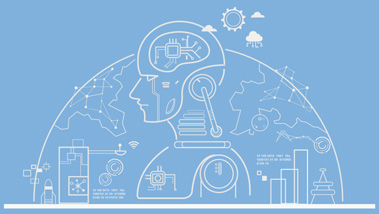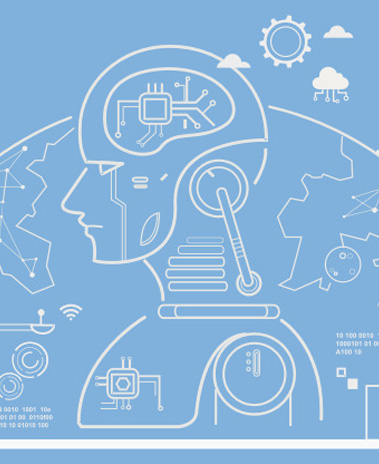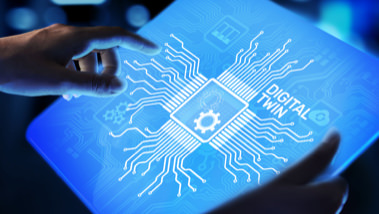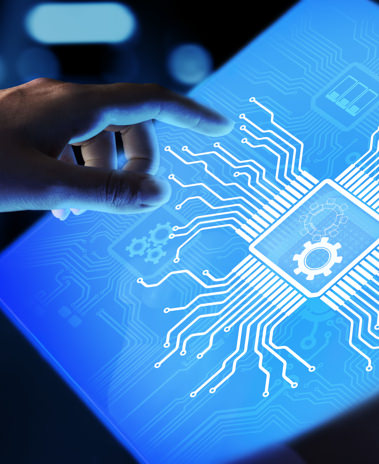#Artificial Intelligence
Artificial Intelligence (AI) is a branch of computer science that enables machines to learn to perform autonomous tasks and make decisions. In renewable energy, AI optimises the use of resources such as wind and sun, adjusting systems in real time to maximise efficiency, reduce waste and ensure constant and sustainable supply.
-
Deep learning, which is based on a set of algorithms related to machine learning and whose real-world applications are increasingly tangible (prediction of business results, evolution of virtual assistants, analysis of medical images, etc.), has attracted the attention of companies for its ability to get the most out of artificial intelligence.
Natural language processing (NLP) brings together two disciplines as apparently distant as linguistics and artificial intelligence. Today, this field of computer science, which consists of transforming natural language into a formal language — such as programming — that computers can process, is constantly evolving and its applications are growing.
-
Self-driving cars, assistants that translate instantly from one language to another or personalized purchase suggestions. Complex tasks that used to be a fantasy are now possible thanks to Machine Learning, a discipline that allows computers to learn by themselves and perform tasks autonomously without the need to be programmed.
The application of big data to curb global warming and protect the environment is known as green data. This technology can help optimise the efficiency of the energy sector, make businesses more sustainable and create smart cities, among others.
-
Artificial intelligence has long since abandoned the realm of science fiction and is quietly sneaking into our lives. Although still at a very early stage, is laying the foundation to lead a revolution comparable to that generated by the Internet. Its applications in multiple sectors — such as health, finance, transport and education, among others — have prompted the European Union to develop its own Robotics Laws.
Wind turbines, engines or cranes can have a virtual replica that enables to prevent possible problems or risks and to experiment without compromising their operation before implementing new functionalities. It is not science fiction, they are digital twins, a disruptive technology that will be vital in the rise and progression of the Fourth Industrial Revolution.






